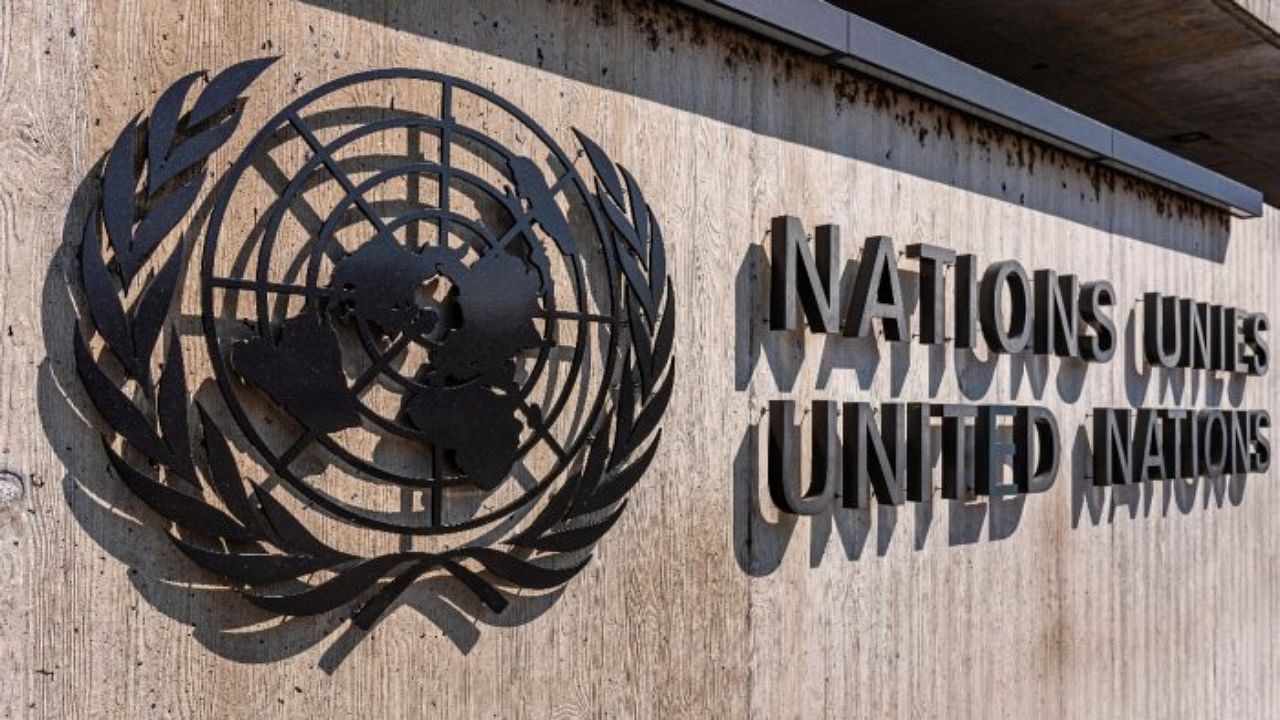
United Nations logo.
Credit: iStock Photo
Acknowledgement that historical emissions of developed countries have depleted the carbon budget and that they failed to fulfil their pre-2020 commitments could be included in the outcome of the first-ever global stocktake.
Pre-2020 commitments of developed countries refer to emission reduction pledges they made before the Paris Agreement under the Kyoto Protocol and the Doha Amendment to the Kyoto Protocol.
Initiated in Glasgow in 2021, the first-ever global stocktake will conclude at the annual climate talks (COP28) in Dubai in December.
The United Nations Framework Convention on Climate Change (UNFCCC) recently released a report summarising submissions made by countries and non-party stakeholders regarding the political response to the global stocktake.
The elements listed in the report will inform negotiations, but there's no guarantee that any particular element will make it into the final text, said Natalie Jones, a policy advisor at the climate policy think tank International Institute for Sustainable Development (IISD).
According to the UNFCCC report, possible elements of the global stocktake outcome could include an acknowledgement that developed countries' historical emissions led to the depletion of the carbon budget and the failure to fulfil their commitments under the pre-2020 period resulted in mitigation gaps.
The recognition that developed countries' 2030 mitigation ambitions are inadequate may also find its way into the outcome of the global stocktake.
Climate science defines carbon budget as the amount of greenhouse gases that can be emitted for a given level of global warming (1.5 degrees Celsius in this case).
Developed countries have already consumed more than 80 per cent of the global carbon budget, leaving countries like India with very little carbon space for the future.
In their submissions to the UNFCCC regarding their expectations from the global stocktake, which will be one of the major highlights of the UN climate talks in Dubai, many developing countries emphasised that significant gaps exist in developed countries' pre-2020 ambition and implementation, and that their 2030 and 2050 mitigation ambitions are inadequate.
The final outcome could also recognise that peaking of emissions will take longer for developing countries considering their developmental needs.
Peaking emissions means that at a certain point in time, carbon dioxide emissions will finally peak and then gradually reduce.
According to the Intergovernmental Panel on Climate Change (IPCC), a body of the world's senior-most climate scientists, limiting warming to around 1.5 degrees Celsius requires global greenhouse gas emissions to peak before 2025 at the latest and be reduced by 43 per cent by 2030 (compared to 2019 levels).
Calls for developed countries to 'reach net-zero considerably earlier than the global average (2050) and achieve net negative emissions as soon as possible' could also be part of the global stocktake outcome.
According to the UNFCCC report, many countries have said the global stocktake outcome should also affirm that developed countries should take significant leadership and demonstrate responsibility in emissions reduction, operationalising equity and the principle of common but differentiated responsibilities and respective capabilities.
The principle of equity ensures that countries' efforts to combat climate change are viewed in light of their contributions to greenhouse gas emissions, historically and currently, as well as the likely future emissions they will generate.
The common but differentiated responsibilities and respective capabilities principle recognises that each country bears responsibility for addressing climate change, but developed countries should shoulder primary responsibilities, given their significant historical and current greenhouse gas emissions.